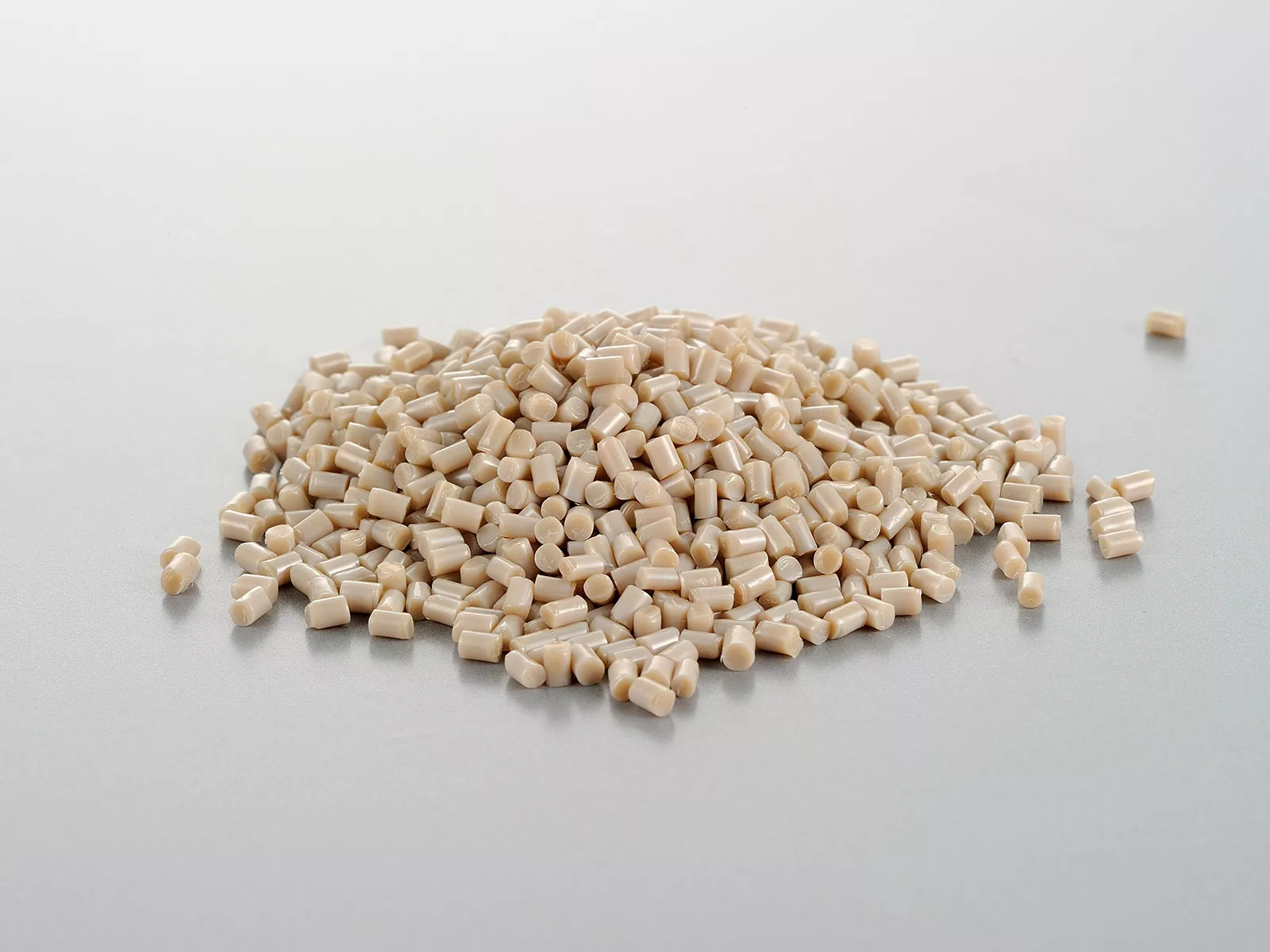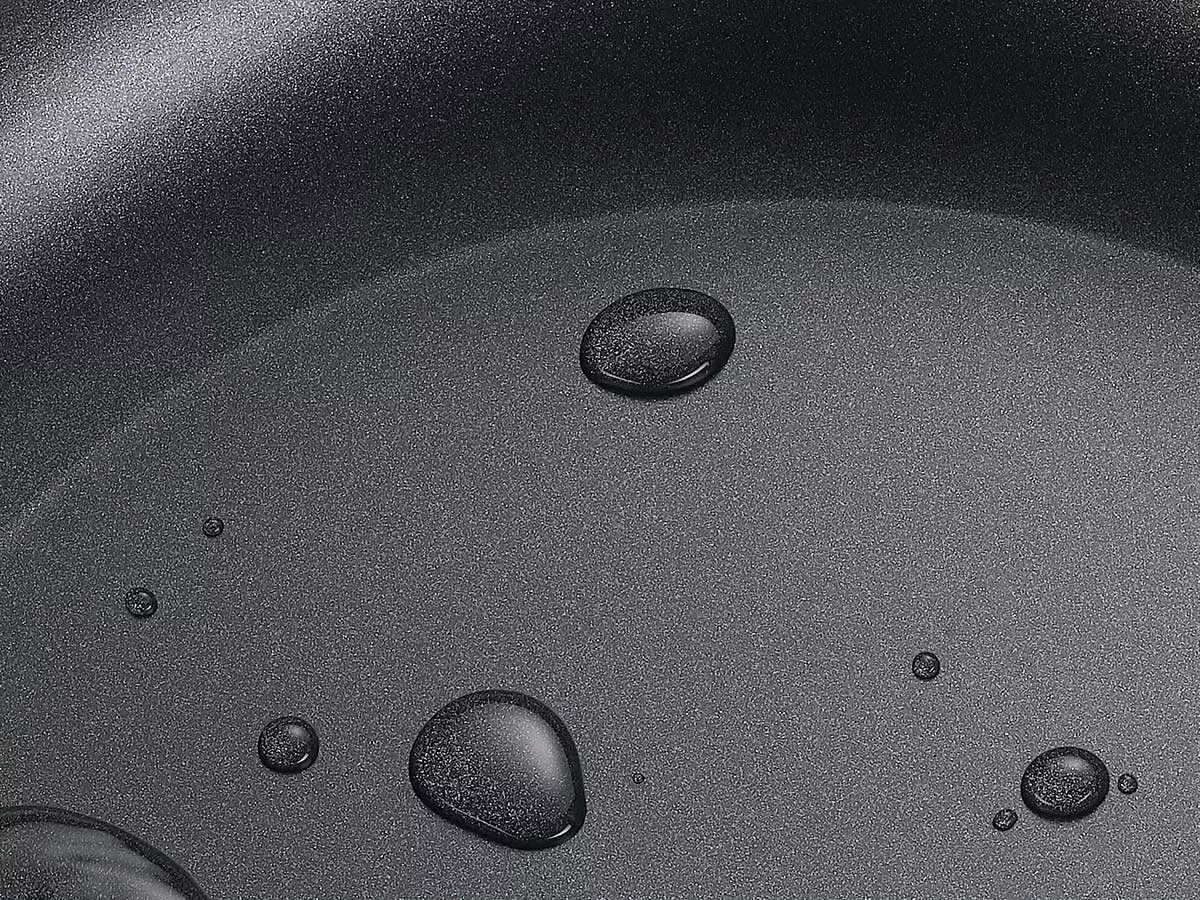PEEK (Polyether ether ketone) polymer is renowned for its remarkable properties, making it a preferred material in a wide range of industrial applications. This high-performance plastic is notable for its durability, high temperature resistance, and chemical stability. In this article, we’ll delve into the diverse applications of PEEK polymer, exploring how its unique characteristics benefit various sectors from aerospace to healthcare.
What is PEEK Polymer?
PEEK is a colorless organic thermoplastic polymer in the polyaryletherketone (PAEK) family, used extensively in engineering applications. It is prized for its ability to withstand high temperatures, its mechanical strength, and its resistance to chemical attack. These attributes make PEEK an ideal choice for demanding environments where other materials might fail.
Key Properties of PEEK Polymer
- High Temperature Resistance: PEEK can operate at temperatures up to 250°C (482°F), maintaining its stiffness and strength.
- Chemical Resistance: It is highly resistant to chemicals, including hydrocarbons and aggressive organic solvents.
- Mechanical Strength: PEEK exhibits excellent mechanical properties, which are maintained over a wide range of temperatures.
- Biocompatibility: FDA compliant and can be sterilized, making it suitable for medical and pharmaceutical applications.
Applications of PEEK Polymer
- Aerospace and Automotive Industries
- Aircraft Components: PEEK is used in the aerospace industry for components such as seals, bearings, and piston parts. Its lightweight nature contributes to fuel efficiency while maintaining performance under extreme conditions.
- Automotive Parts: In the automotive sector, PEEK is used for parts that must endure high temperatures and mechanical stress, such as in engine compartments and transmission assemblies.
- Electronics and Electrical
- Insulation: With its excellent thermal and electrical insulation properties, PEEK is used in the electronics industry for wire coatings, circuit board substrates, and connectors.
- Semiconductor Machinery: It is also utilized in semiconductor manufacturing equipment due to its low outgassing, ensuring high purity in sensitive environments.
- Medical and Dental Applications
- Surgical Instruments: PEEK’s biocompatibility makes it suitable for creating surgical instruments and devices that can be sterilized without degrading.
- Dental Implants: It is used in dental implantology for frameworks and prosthetic devices, benefiting patients with metal allergies or sensitivities.
- Oil and Gas Industry
- Seals and Gaskets: PEEK is ideal for seals, gaskets, and back-up rings in oil and gas extraction and processing equipment due to its ability to resist harsh chemicals and high-pressure conditions.
- Food Processing Industry
- Equipment Components: In food processing, PEEK is used for components that require frequent cleaning and contact with harsh cleaning agents, as it does not degrade or contaminate the food products.
Benefits of Using PEEK Polymer
- Durability: The longevity of PEEK parts reduces the need for frequent replacements, which can be costly and labor-intensive.
- Environmental Resistance: Its ability to resist harsh environmental conditions extends the life of products and systems in which it is used.
- Cost-Effectiveness: Although the initial cost may be higher, the durability and low maintenance of PEEK often lead to lower overall lifecycle costs.
Challenges and Considerations
- Cost: PEEK is more expensive than many other polymers, which can be a barrier for some applications.
- Processing Requirements: Special processing equipment and conditions are required to manufacture high-quality PEEK components, necessitating significant upfront investment.
Conclusion
The broad utility of PEEK polymer in various industries underscores its status as a high-performance material. From aerospace to healthcare, its impact is profound, offering enhanced performance and reliability where other materials might fail. As technology advances, the applications of PEEK are likely to expand, further entrenching its role in modern manufacturing and engineering solutions.
Pfluon was established in December 2010 and mainly engages in the research, development, production, sales, and application development of high-performance polymers such as PEEK (polyether ether ketone). The first phase of the project has an annual production line with a capacity of 1,000 tons of PEEK polymer.
Pfluon insists on close cooperation with customers, continuously engaging in the sustainable development of high-performance polymers and their composite materials. The company consistently develops new applications for its products, introduces more efficient materials to the market, and provides customers with more flexible design options and superior products, thereby enhancing their competitiveness and value.
Contact us today for your PEEK need!





